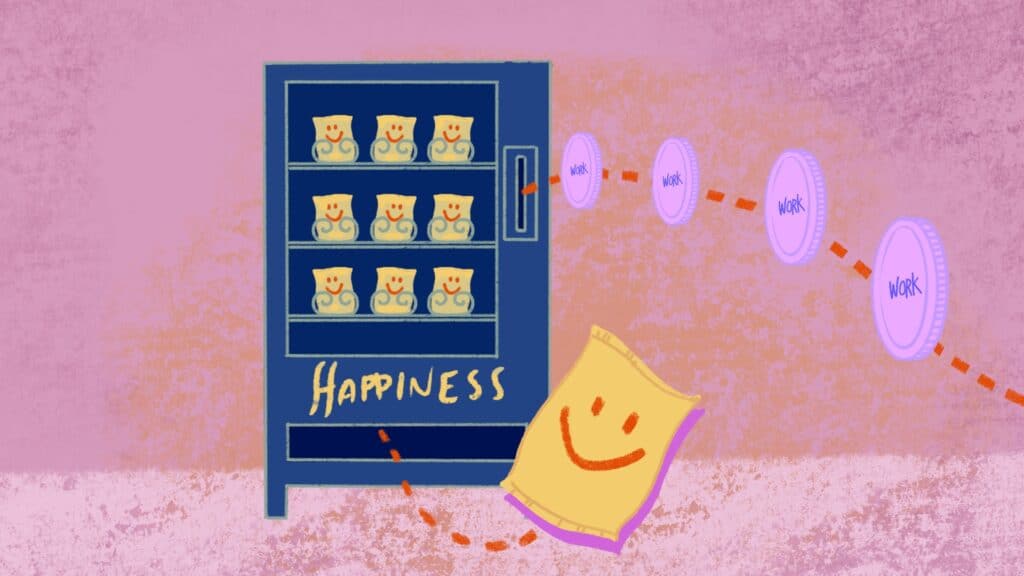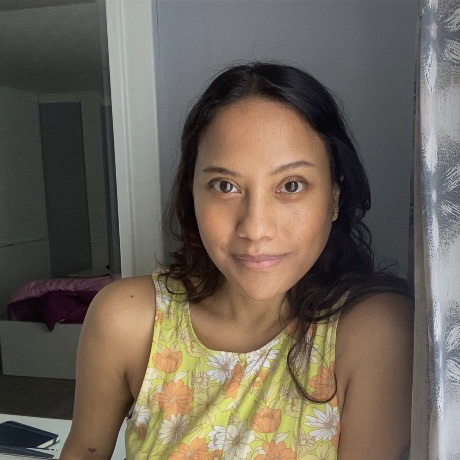Happiness is an activity, not a goal
We need to stop thinking of happiness as a "destination"

I am currently trying to write a new post every day for about a month. I'm not posting them immediately — just writing and scheduling them, to get into the habit and to meet some specific short-term goals of mine. I wrote this down in my Trello road map (my road map Trello??) and I have found daily satisfaction in completing this goal. Honestly, it's been making me pretty happy.
Albert C Brooks, happiness expert at The Atlantic, says that working for your own happiness is the key to happiness:
Focusing on your dissatisfaction and wishing things were different in your life is a recipe for unhappiness if you don’t take action to put yourself on a better path. But if you make an effort to understand human happiness, formulate a plan to apply what you learn to your life, execute on it, and share what you learn with others, happiness will almost surely follow.
Albert C Brooks, The Atlantic
In other words, you need to understand what makes you happy, and work for that — not "happiness" itself. Happiness itself is hazy, undefined. For instance, if you see a bunch of kids playing at a playground, you might describe them as "happy" — but they're also doing things; they are running and jumping around and they usually have some kind of little goal in mind (throwing mud at each other, perhaps). In that vein, Brooks also argues that doing things in general, even if we don't feel like it, is good for us:
When we are happy, we are primed for action; unhappiness often makes us want to cocoon. The way to fight this is to do the opposite of what you want to do: When you’re unhappy, don’t curl up and watch a sad movie. Exercise, call a friend in need, and read up on happiness instead. You will be reprogrammed for action.
Albert C Brooks, The Atlantic
This ties perfectly into the whole Eat That Frog mentality (my God, I mention this book so much) wherein the practitioner starts associating accomplishment with positivity.
Now, I am not a shrink, and I cannot speak specifically about the particular brain cocktail that contributes to clinical depression or other mood disorders. I am familiar with the burden they bring for the people who are afflicted — and I definitely recommend professional help. But the thing is, I do believe that professional help should be in conjunction with the pursuit of healthier habits — even when it hurts too much.
Interestingly, Brooks also recommends sharing this knowledge — which, I suppose, I am doing right now. It ties into the whole "learning by teaching" idea:
Sharing knowledge cements it in your own mind. One of the most important assignments I give my graduate students is for them to talk about the science and art of happiness at every party they go to. This ensures that they have the ideas clear enough in their heads to explain them to others. (It also makes them more popular.)
Albert C Brooks, The Atlantic
How can you share your ideas today? What have you learned recently?

Hi! I'm Piya. I'm a freelance creative starting a new career, and I want to help you start yours, too.